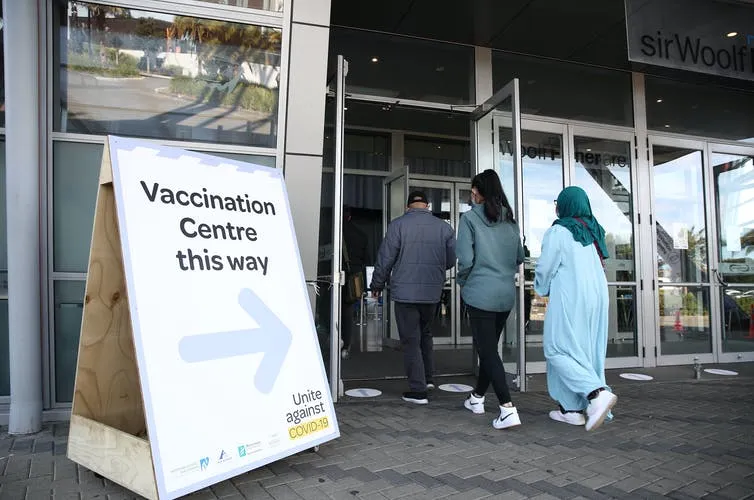GettyImages
With the government’s announcement last week that 12–to-15-year-olds can now receive the Pfizer vaccine for COVID-19, New Zealand has joined a growing list of countries expanding their vaccination rollouts.
A Ministry of Health survey in June found 58% of caregivers were likely to allow their 12–to-15-year-old children to be vaccinated, up from 55% in May.
The survey also found the number of parents who had decided not to vaccinate their children had increased slightly. Parents’ key concerns were the vaccine’s safety in children and its long-term effects.
So, while the Pfizer vaccine has been given provisional approval by Medsafe, the rollout still raises the important issue of what New Zealand law says about children’s consent to medical treatment.
Who can give consent?
The Care of Children Act provides that a child over the age of 16 can give or refuse consent to medical treatment.
However, this does not mean all children under the age of 16 cannot consent to medical treatment. Key to this is how competent a child is to make such a decision.
Read more:
Should we vaccinate children against COVID-19? We asked 5 experts
There is no defined age at which any person may be regarded as competent, but the Code of Health and Disability Services Consumers’ Rights (which originates from the Health and Disability Commissioner Act) provides some guidance.
This states that everyone – adult or child – is presumed to be competent to make such decisions unless there are reasonable grounds for thinking otherwise.
Are children competent to consent?
When it comes to the Care of Children Act, the view of the New Zealand courts follows a British case in which the House of Lords decided a child under 16 was legally competent to consent to medical examination and treatment — if they had sufficient maturity and intelligence to understand the nature and implications of that treatment.
Similarly, under the New Zealand code, if a health professional is satisfied the young person fully understands what is involved with the treatment, then the young person can consent.
Read more:
High priority: why we must vaccinate children aged 12 and over now
When it comes to consenting to vaccination, a health professional must be satisfied the child understands why it is necessary and the reasons for it. They must also be satisfied the child understands the risks, benefits and outcomes involved.
Equally, everyone can refuse medical treatment under the New Zealand Bill of Rights Act, including children.
However, the courts have also decided this applies only to those who are competent and who fully understand what is involved in making the decision.
The courts only tend to override the views of the child in serious, usually life-threatening, situations.
Respecting the rights of children
More broadly, vaccination or immunisation is part of the general human right to the highest attainable standard of health, which includes the right to be free from non-consensual medical treatment. This right must be balanced with the state’s obligation to prevent and control disease.
The United Nations Convention on the Rights of the Child contains important provisions concerning consent to medical treatment, including:
- the child’s best interests should be a primary consideration in all decisions, and in the resolution of conflicts between parents and health workers
- the child’s right to freely express their views is protected, and the child’s views are also central in determining what is in their best interests (two principles reflected in the Care of Children Act)
- every child has the right to life, countries must do all they can to ensure the survival and development of the child, and this should be part of any assessment of what is in the child’s best interests.
These provisions also occupy a special status within the convention as guiding principles. Adhering to these principles can also help prevent violations of other rights, such as the child’s right to health.
Striking a balance
The convention also seeks to balance parental rights and responsibilities in guiding children with their own developing ability to make important decisions about their health and well-being.
It is essential, therefore, that children, parents and health workers have adequate guidance on who can give consent and what rights everyone has.
Read more:
Long COVID in children: what parents and teachers need to know
Concerns about vaccination safety are natural, and access to reliable information about the vaccine is important for children and their parents. It’s particularly important to be transparent about possible side effects — of the vaccine, but also of COVID-19 itself.
Respecting the overall right of children to participate in making decisions that affect them is the best way to navigate these complex situations.![]()
Claire Breen, Professor of Law, University of Waikato
This article is republished from The Conversation under a Creative Commons license. Read the original article.


